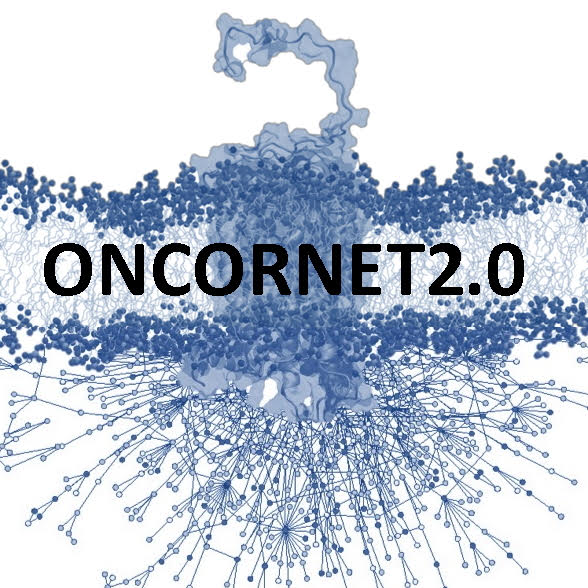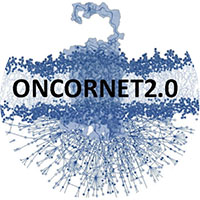Nanobodies as modulators of CXCR4/ACKR3/RTK function
Early stage researcher 2 (ESR2) project
Supervision: Dr. Raimond Heukers, Dr. Edward Dolk
Host: QVQ Holding BV
I- Project proposal:
Aim:
- The development and characterization of multivalent anti-CXCR4/ACKR3/RTK nanobody constructs to modulate CXCR4/ACKR3 oligomers.
- Use multivalent Nbs for imaging of CXCR4/ACKR3 using site-directionally conjugated nanobodies
Methodology:
Nanobody constructs will be generated through genetic fusion, cloning and production in E.coli or S.cerevisiae. Produced nanobody constructs will be purified using affinity chromatography and gel filtration. Generated molecules will be assessed for production yields, integrity and functionality/potency in close collaboration with the VU University Amsterdam and University of Nottingham. This will involve a wide range of established techniques (UV-VIS spectrometry, SDS-PAGE, ELISA, ligand displacement and reporter gene assays and bioluminescence resonance energy transfer (BRET)). In addition, generated nanobody constructs will be turned into imaging agents via directional conjugation, which will be tested for imaging receptor complexes by using modalities.
Planned secondments:
Vrije Universiteit Amsterdam (Smit lab)
University of Nottingham (Hill lab)
II – Requirement candidate:
Required diploma: MSc in biology, chemistry, biochemistry, microbiology or molecular-, biomedical-, pharmaceutical- or related life sciences.
Required expertise: biochemistry and molecular biology (DNA and protein level).
Recommended expertise: molecular cloning, phage-display, protein production and purification, affinity chromatography, FPLC, (yeast) fermentation, site-directed conjugations, SDS-PAGE, ELISA, FACS, cell culture, cell based assays, fluorescence microscopy and working experience in industry.
Key publications:
- Van Hout A, Klarenbeek A, Bobkov V, Doijen J, Arimont M, Zhao C, Heukers R, Rimkunas R, de Graaf C, Verrips T, van der Woning B, de Haard H, Rucker JB, Vermeire K, Handel T, Van Loy T, Smit MJ, Schols D. 2018. CXCR4-targeting nanobodies differentially inhibit CXCR4 function and HIV entry.Biochem Pharmacol. 2018 Oct 17. pii: S0006-2952(18)30436-2.
- Bobkov V, Zarca AM, Van Hout A, Arimont M, Doijen J, Bialkowska M, Toffoli E, Klarenbeek A, van der Woning B, van der Vliet HJ, Van Loy T, de Haard H, Schols D, Heukers R, Smit MJ. 2018. Nanobody-Fc constructs targeting chemokine receptor CXCR4 potently inhibit signaling and CXCR4-mediated HIV-entry and induce antibody effector functions. Biochem Pharmacol. 2018 Oct 17. pii: S0006-2952(18)30435-0.
- Klarenbeek A, El Mazouari K, Desmyter A, Blanchetot C, Hultberg A, de Jonge N, Roovers RC, Cambillau C, Spinelli S, Del-Favero J, Verrips T, de Haard HJ, Achour I. 2015. Camelid Ig V genes reveal significant human homology not seen in therapeutic target genes, providing for a powerful therapeutic antibody platform. MAbs. 7(4):693-706. doi: 10.1080/19420862.2015.1046648.
- Gorlani A, de Haard H, Verrips T. 2012. Expression of VHHs in Saccharomyces cerevisiae. Methods Mol Biol. 911:277-86.
- Jähnichen S, Blanchetot C, Maussang D, Gonzalez-Pajuelo M, Chow KY, Bosch L, De Vrieze S, Serruys B, Ulrichts H, Vandevelde W, Saunders M, De Haard HJ, Schols D, Leurs R, Vanlandschoot P, Verrips T, Smit MJ. 2010. CXCR4 nanobodies (VHH-based single variable domains) potently inhibit chemotaxis and HIV-1 replication and mobilize stem cells. Proc Natl Acad Sci U S A. 23;107(47):20565-70.
For more information:
Dr. Raimond Heukers – r.heukers@qvquality.com or http://www.qvquality.com/career/
Application:
Follow us on
Contact details
Please contact us at:
e.v.langemeijer@vu.nl
ONCORNET Coordinator
Vrije Universiteit Amsterdam




